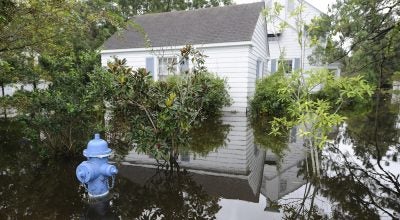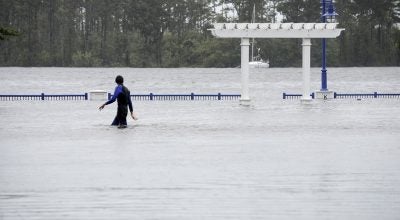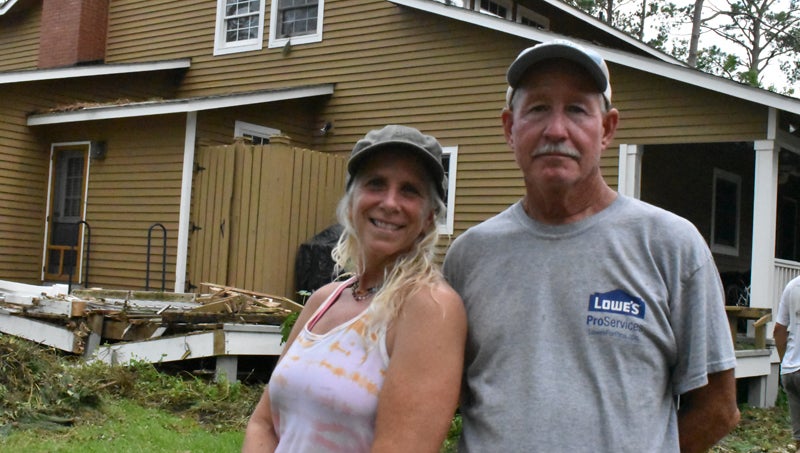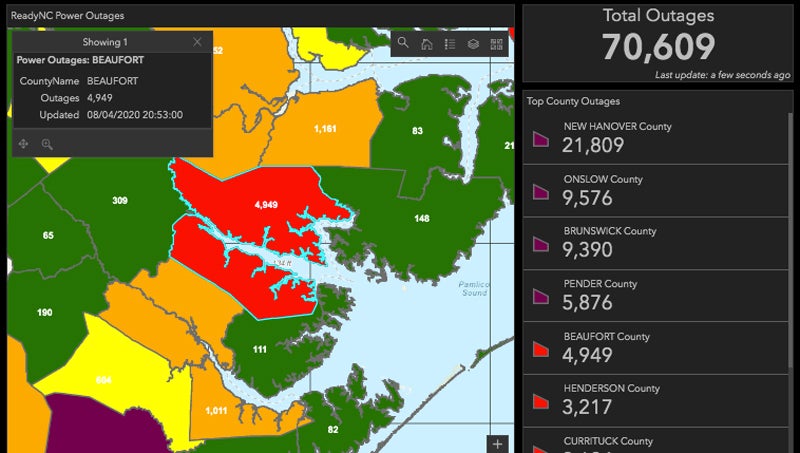Beware electrical, generator hazards during Dorian
Published 4:45 pm Thursday, September 5, 2019
While the threats from wind, rain and storm surge are the first things that come to mind during a hurricane, keep in mind other hazards that may arise from downed power lines and improper generator use.
During an extended outage, Tideland EMC recommends turning off most household breakers until power is restored. When power crews are reenergizing lines, this helps prevent the system from overloading with too many appliances and HVAC systems coming back on at the same time. Once power is restored, the co-op recommends turning on additional breakers one or two at a time at 10 to 15 minute intervals until all breakers are back on.
If venturing out from the house, the co-op reminds residents to avoid downed power lines, and to never assume that they are not energized. In some cases, feedback from improperly installed generators can flow back through the electric system, energizing lines. Report downed power lines to Tideland EMC, Duke Energy or Washington Electric Utilities, depending on the provider in your area.
Another common hazard during and after a storm is the improper use of generators, which can lead to carbon monoxide buildup and potential electrocution. Tideland EMC offers the following tips for safe generator use:
- Never connect a generator directly to the electrical system of any building without the installation of a double-pole, double-throw transfer switch as required by the National Electrical Code. Failure to use a transfer switch could result in electrical back feed onto the electric system, which could result in death by electrocution of the general public or electric line crews working to restore power.
- Always ground the generator’s electrical system adequately to avoid electrocution.
- Always operate a generator in a clean, dry, well-ventilated area to avoid electrical shock and carbon monoxide poisoning.
- Never use worn, damaged, undersized or ungrounded extension cords with a generator.
- Place the generator on a low-conductivity surface such as a concrete slab before operating.
- Never exceed the load capacity of a generator by attaching too many items or items with very high load ratings, which could result in a fire.
- Never attempt to refuel a generator while it is running or hot. Turn the engine off and allow it to cool before adding fuel. Have a fire extinguisher in the immediate area certified to handle fuel fires.






